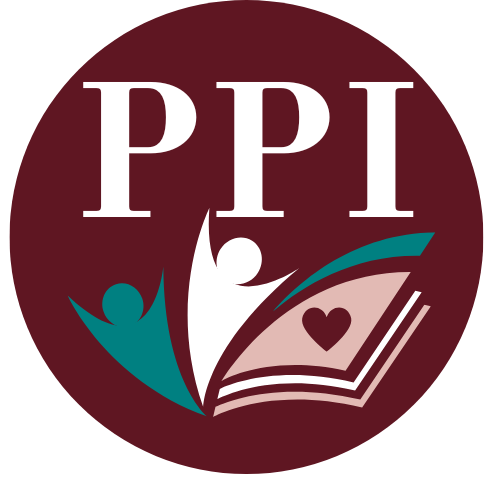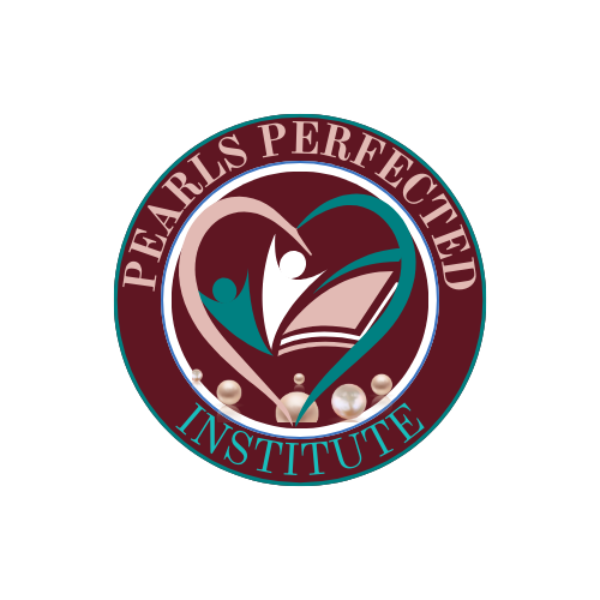August 12th was National Middle
Child Day. You may not have seen a parade or a flood of social media posts
about it, but for those of us who live in “the middle,” it matters. Being the
middle child is its own kind of story—one full of myths, overlooked moments,
and sometimes surprising strengths.
The “middle child syndrome” myth
has been around forever: the idea that we’re neglected, invisible, or destined
to be second-best. Well here’s the deal: while middle children may not always
be in the spotlight, we develop skills that are priceless. Studies show that
middle children are often easygoing, adaptable, good at compromise, and
excellent negotiators. We learn early how to see both sides of the story—because
our lives are spent literally in the middle.
Ironically, the middle child may
become a rarity. With families having fewer children, there are fewer chances
to even be the one in the middle. But for those of us who know this role
well, we carry experiences and perspectives that the world needs to hear.
My Middle Child Story
Of course I have a story because as
a middle child myself, I fall in the middle of two older sisters and one
younger sister. Even though I didn’t have the courage to say it out loud, I was
tired of following in their footsteps. I didn’t want my whole life to feel like
a repeat performance of what they had already done.
So, when it came time for college,
I decided I wasn’t going to follow the same path. I wanted something different,
something that felt like me. That choice to step away, to chart my own
course, came with its own kind of invisibility.
Here’s what I mean: there are
people who know my sisters so well that when they’re reminded I exist, they
pause, tilt their heads, and say things like, “We don’t remember her. Did she
grow up with y’all?” It’s happened more than once. In fact, at one of my
sister’s class reunions, I was introduced as her sister, and people honestly
looked surprised. It was as if I had appeared out of nowhere.
My sisters usually fill in the gap
by saying something like, “She’s the one who went away to college on the East
Coast. She’s the one who wrote three books.” That’s the identity they give me,
a way for others to place me in the story.
I’ll be straight with you. Here’s
the truth I’ve had to live with: as a middle child, I was overshadowed. I was
quiet, shy, and content to stay in the background. And yet, over time, I
realized something. Just because I wasn’t always remembered or recognized
didn’t mean I didn’t matter. In fact, that quietness was holding a story of its
own.
Why the Middle Voice Matters
That’s the beauty of the middle
child’s perspective. We may not always be the loudest voice in the room, but
when we speak, there’s often a depth behind our words. We’ve spent so much time
listening, observing, and adjusting that when our voice finally rises, it
carries weight.
Think about it: middle children are
natural bridge-builders. We’ve learned to keep the peace between siblings, to
negotiate our way into fairness, to find creative solutions when resources were
already claimed by the ones before us. And those same skills, when brought into
adulthood, can shape workplaces, communities, and even global conversations.
Being underestimated can actually
be an advantage. It gives us room to grow without the pressure of expectation,
to surprise people with what we bring to the table. Sometimes the ones people
overlook end up writing the stories that inspire generations.

A Word to the Middles
So here’s my encouragement: if
you’re a middle child, don’t buy into the myth that your story doesn’t matter.
Don’t let invisibility convince you that your voice isn’t needed. Quite the
opposite—because of what you’ve lived and seen, your perspective is often
richer, more balanced, and more compassionate than most.
You’ve got something to say. The
world may not always notice you right away, but when you open your mouth, your
story can shift the room.
For Everyone Else
Even if you’re not a middle child,
you’ve probably been “in the middle” at some point—between two opinions, two
opportunities, or two expectations. And in that place, you’ve had to make sense
of competing voices while still finding your own. That’s the power of the
middle: it teaches us resilience, creativity, and how to tell stories from the
in-between.
So this month, I want you to
consider: what story from the middle are you holding? Maybe it’s about being
overlooked. Maybe it’s about learning to compromise. Maybe it’s about finding
your own voice after years of silence. Who know what it could lead to. A
memoir, an article, a book, or even a podcast.
Blessings,
Dr. Janice R. Love
Founder, Pearls Perfected Institute




